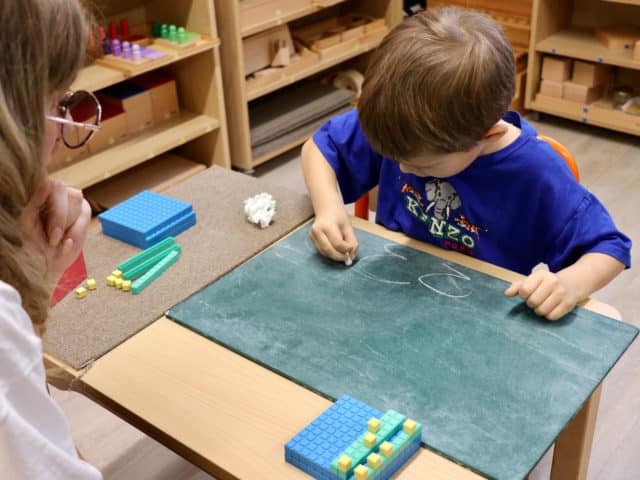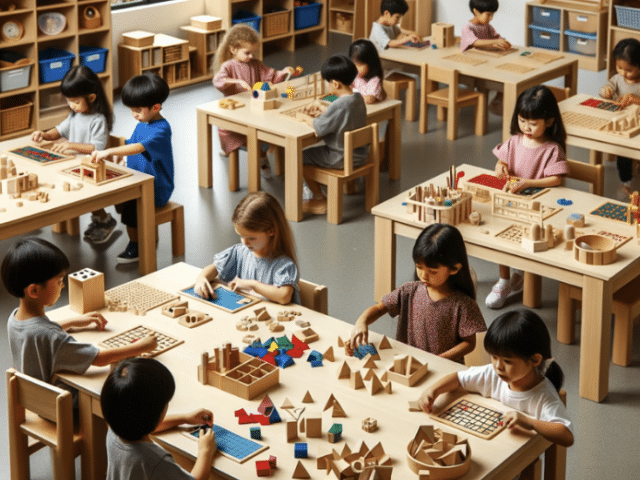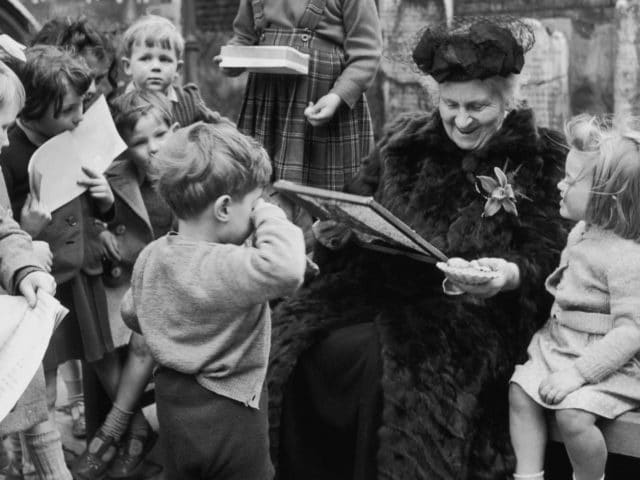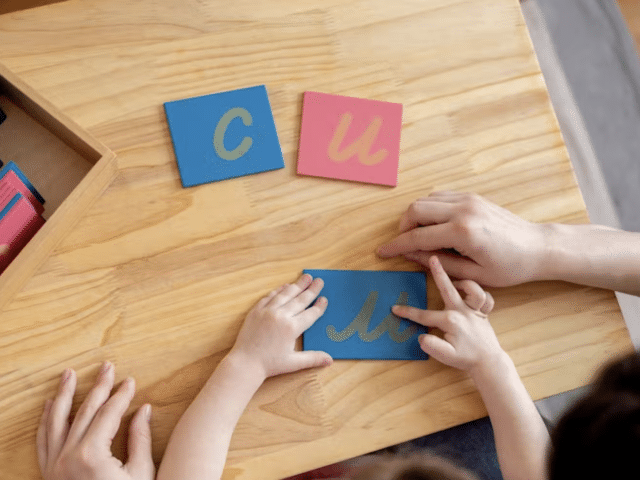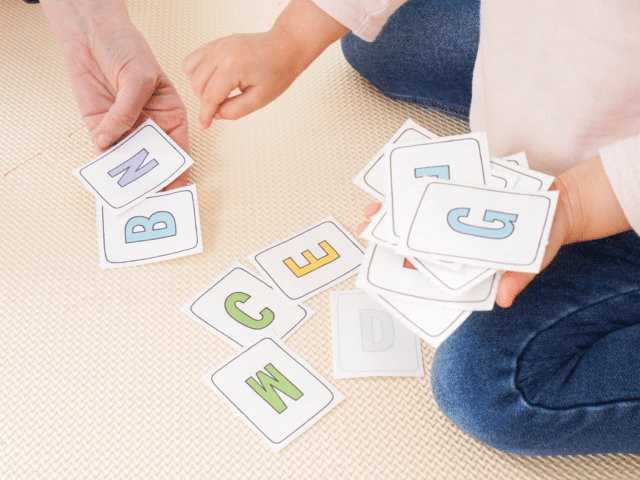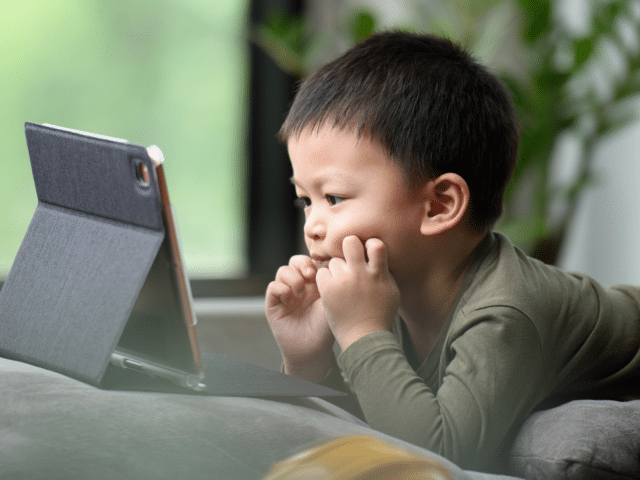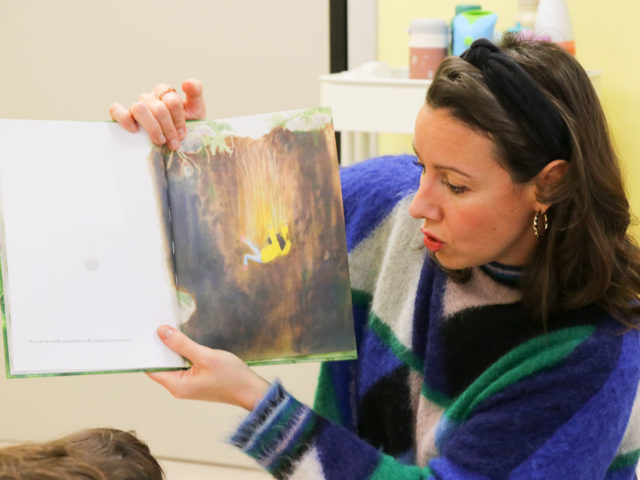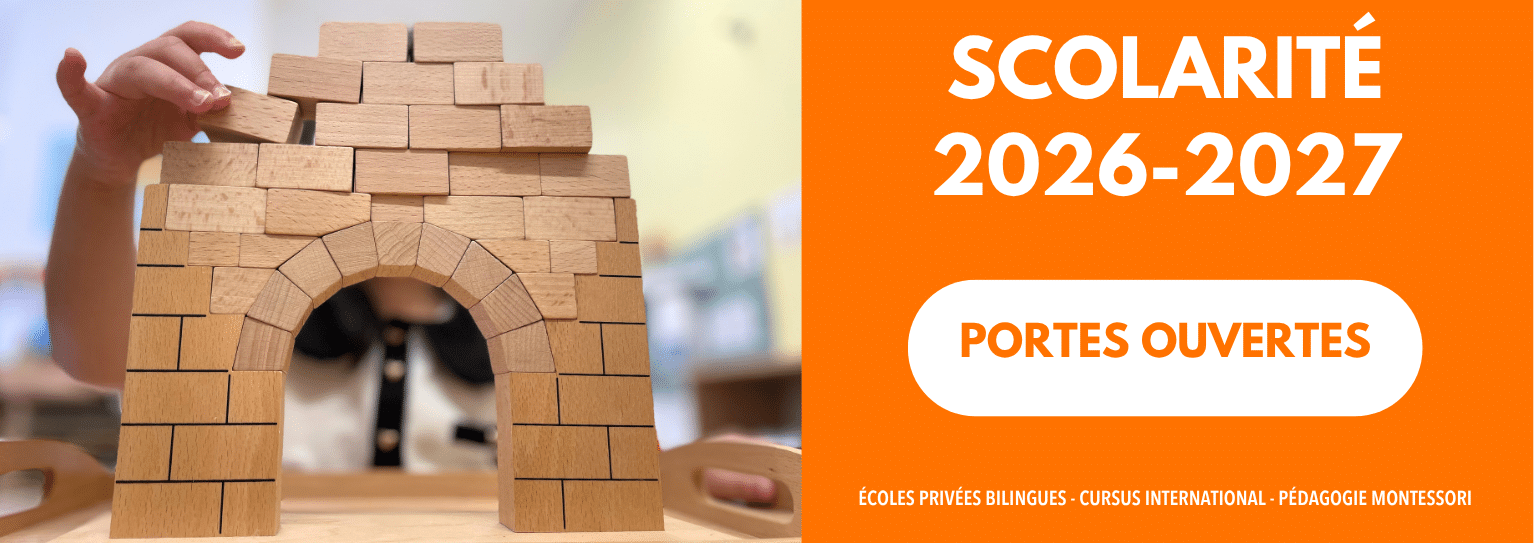EDUCATION ARTICLES
The Singapore method
It's a fact that French pupils are having more and more difficulty at school, particularly in math. Gaps appear right from the start of learning, in primary school. By the time they reach secondary school, some are already overwhelmed and drop out fast. It's a downward spiral, and it's hard to get them interested in studying again. That's why they need an effective method in primary school, so that they have a good foundation and that each step is acquired definitively. In mathematics, the...


